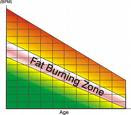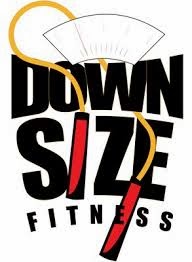There is a lot of information out there about exercise and weight management, often conflicting and confusing.
Today, let’s take on six common statements you may come across about exercise: are they facts, or are they fiction?
- Exercise is REQUIRED to lose weight.
FICTION. While exercise is important for overall health, losing weight has much more to do with decreasing food intake rather than increasing activity. I say to my patients who are working on losing weight that about 90% of the focus should be on calories in, and 10% on calories out. The reality is that we can exercise hard for an hour, and eat back the calories burned in less than a minute. Evolution built us to be efficient machines! This is also why exercise alone (without being mindful of food intake) rarely results in weight loss. This is not to say that we should not try to be active, of course – we do recommend 150 minutes of ‘moderate to vigorous’ physical activity to help weight loss along.
And just what does ‘moderate to vigorous’ mean? This will be different for each person – it is important to look at what a person is able to do, rather than assign a ‘standard’ activity. For example, for one person, walking briskly may be moderate activity; for another, walking a at slow pace provides the same level of exertion. You may need to check in with your doctor prior to engaging in a new exercise routine.
2. Exercise is important in the MAINTENANCE of weight loss.
FACT. When we lose weight, our metabolism slows down in an effort to conserve energy – evolution built us this way so that we would survive times of scarcity. We recommend 200-300 minutes of moderate to vigorous activity during the weight maintenance phase.
3. Lifting weights is as good as aerobic activity for weight management.
FICTION. Endurance (aerobic) exercise is most effective for weight management. Resistance training (weights) does not do much for weight loss per se, though building muscle increases resting metabolic rate, which does help.
4. Time spent sitting increases cardiovascular risk.
FACT. Being less inactive may be just as important as being active – sedentary time and sitting time are both associated with increased cardiovascular risk.
5. Being active in small spurts is as good as doing it all at once.
FACT. Every minute counts – being active in small bouts of as little as 10 minutes at a time has a similar health benefit to doing it all at once.
6. Cardiovascular fitness can counteract the adverse effects of obesity on cardiac risk.
FACT. Exercise is important for cardiovascular health – people who carry excess weight but are fit have similar mortality risks as fit people who are thin.
A recent review summarizes the evidence on these issues if you are keen to read more!
Dr Sue Pedersen www.drsue.ca © 2019
Follow me on Twitter! @drsuepedersen












